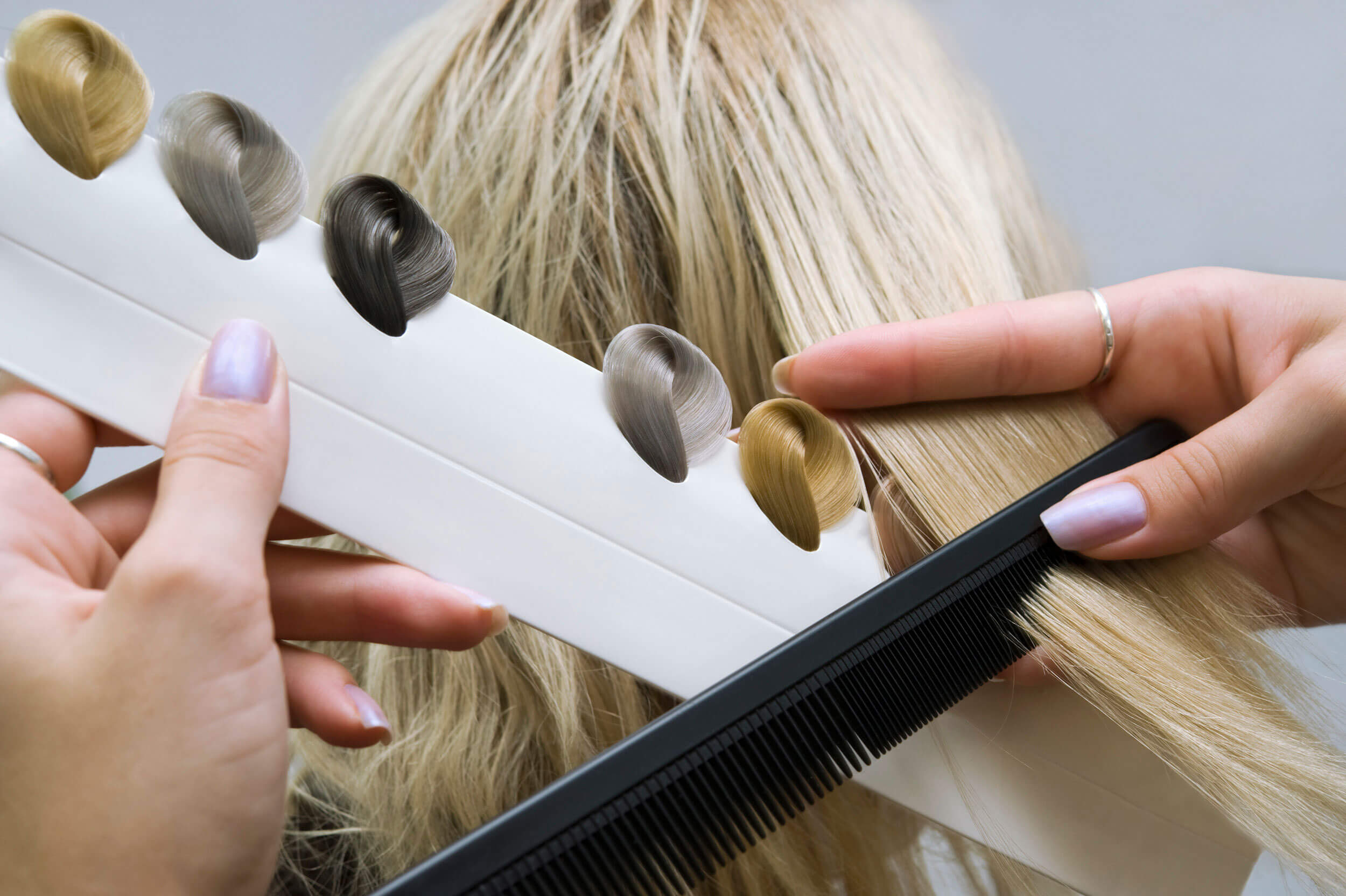Ammonia: Friend or Foe?
Ammonia: most of us have heard of it, but how many of us actually know what ammonia is and how it works? In the beauty world, there are varying opinions on whether ammonia is good or bad, safe or harmful. To dig deeper into this debate, let’s first break down what ammonia actually is.
Ammonia, or an ammonia substitute, is an almost all-permanent hair color. When there is ammonia in the color, the outermost layer of your hair, also known as the cuticle of the hair, opens extremely wide, allowing the color to penetrate deeply. The result is rich, saturated hair color that has a softening effect. However, when the cuticle opens that wide, it never closes properly, which inevitably causes hair damage. Plus, the breakage only gets worse every time an ammonia hair color is applied. Not to mention, ammonia is also not good to inhale. These are just a couple of reasons we must not overlap color too often.
With both ammonia and ammonia-free hair colors available on the market, how do you decide which to use? Well, let’s start with the facts. In most conventional hair colors, the percentage of ammonia can be very high, going up to 8% and greater, while the percentage of ammonia in our hair color only ranges from 0.25% to 1.5%. In order to keep hair as healthy as possible, we use the lowest amount of ammonia we can to still get great results.
Many of my clients have also discovered they have sensitivity to ammonia or its substitute. Have you ever colored your hair and felt like your head was burning? If so, that’s a sign you might also be sensitive to it. Ammonia substitute, however, is slightly gentler than ammonia, as it doesn’t erode the hair as much or open the cuticle quite as wide. With this coloring process, the result is less color penetration to the hair, giving off more of a reflective look. Even though we believe the hair color products we offer here at Cindy French Salon are the healthiest, the bottom line is that, just like with many other products, ammonia and ammonia substitute can either be good or bad depending on how they are used.



Sorry, the comment form is closed at this time.